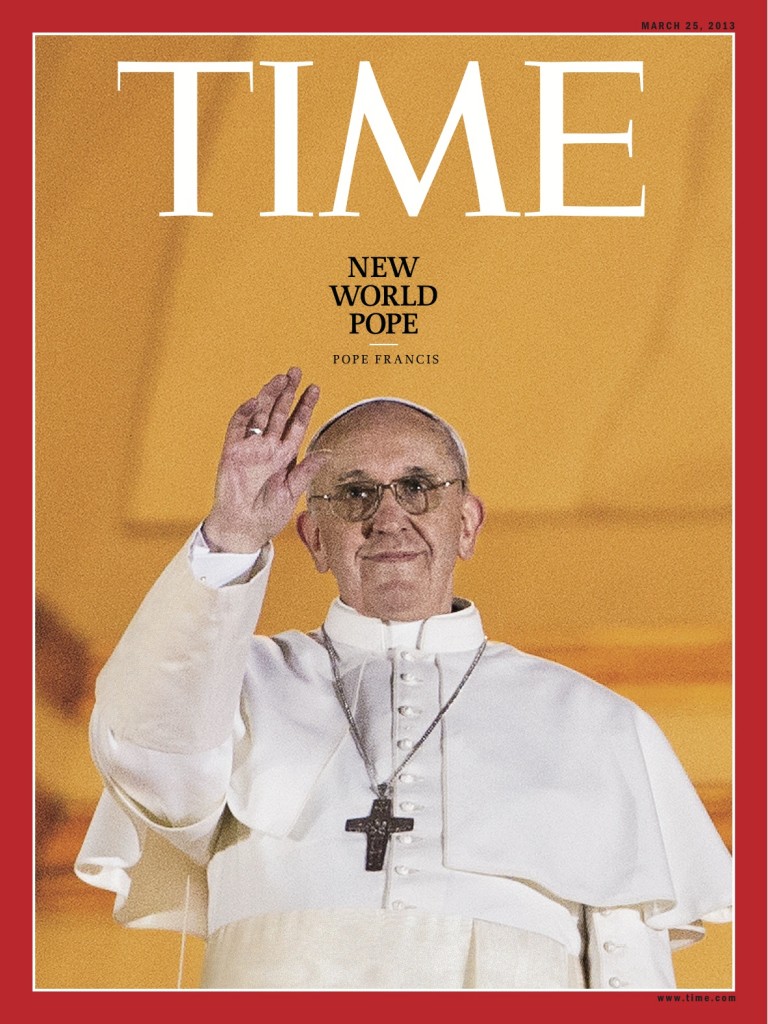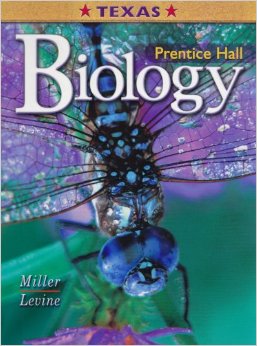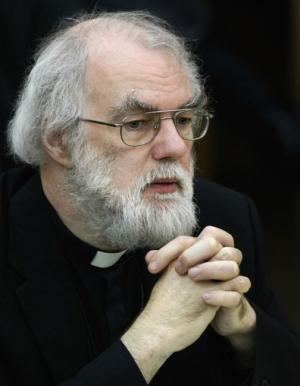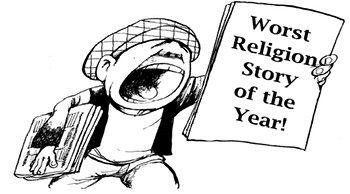How do you respond to a smear? If you are the Independent you respond with a smear of your own, it seems.
The London-based daily has picked up a story from the web and without doing any investigation of its own, has concluded that what it reads on the internet is true. One would hope that they would know better than that. Or, might this be a British example of the Dan Rather school of journalism — a story that is so good that even though it is false, it should be true.
The left leaning newspaper published an article this week entitled “UK evangelist says Tom Daley ‘is gay because his father died'”. (Tom Daley is a British sportsman who recently announced he was bi-sexual.) Reporters are seldom responsible for the headlines placed atop their stories, but this title does set the tone for the journalistic errors that follow.
An evangelist is different from an evangelical. The subject of this story, Andrea Minichiello Williams, is an attorney by trade — not a cleric or lay preacher — and the founder of Christian Concern, a conservative Christian evangelical advocacy group. Confusing evangelist and evangelical is a common error, but it presages the troubles that are to come.
The lede states:
The head of a British evangelical Christian lobby group has angered gay rights campaigners by urging Jamaica to keep same-sex intercourse illegal and reportedly suggesting that Tom Daley is in a relationship with a man because his father died. To the dismay of mainstream church leaders Andrea Minichiello Williams, the founder of Christian Concern, spoke at conference in Jamaica to lobby against the repeal of the Caribbean island’s controversial law banning gay sex.
Let us unpack this. Mrs. Williams, is the head of evangelical group (not an evangelist), who “apparently” urged Jamaicans not to change their country’s sodomy laws. Her words have led to “dismay”, not in Jamaica, but among gay activists — no surprise there — and “mainstream church leaders”, e.g., more than one and not just activists on the margins. We need to wait and see who these “mainstream” leaders are, but cognoscenti of Anglican affairs will see an allusion here. One of the chief conservative evangelical lobbying groups is “Anglican Mainstream.” Is the Independent being clever? Are they suggesting a rift within the conservative wing of the church?
The editorial voice of this article is that it is somehow beyond the pale to oppose the reform of sodomy laws. While this may be the received wisdom in the offices of the Independent, the world does not march to that tune. From this month’s ruling by the Indian Supreme Court that there is no constitutional right to gay sex, to Judge Antonin Scalia’s dissents in Bowers v Hardwick and Lawrence v Texas, there is an intellectually respectable body of opinion that disagrees with the innovations endorsed by the Independent.
This is not to say the Independent must raise the objections to its thinking each time it goes off on this issue, but a degree of self-awareness on the part of the newspaper would prevent it from making the silly errors found in this story.
After laying out the controversy, the article then goes on to quote Mrs. Williams. But the quotes are followed by the caveat that they have been taken from BuzzFeed. They are further hedged about with phrases such as “reportedly illustrated” and “she is said to have added …”.
The Independent provides a hyperlink to the BuzzFeed story, but cites no other sources. It does include a quote from Christian Concern saying Mrs. Williams was “unavailable due to a private matter.”














